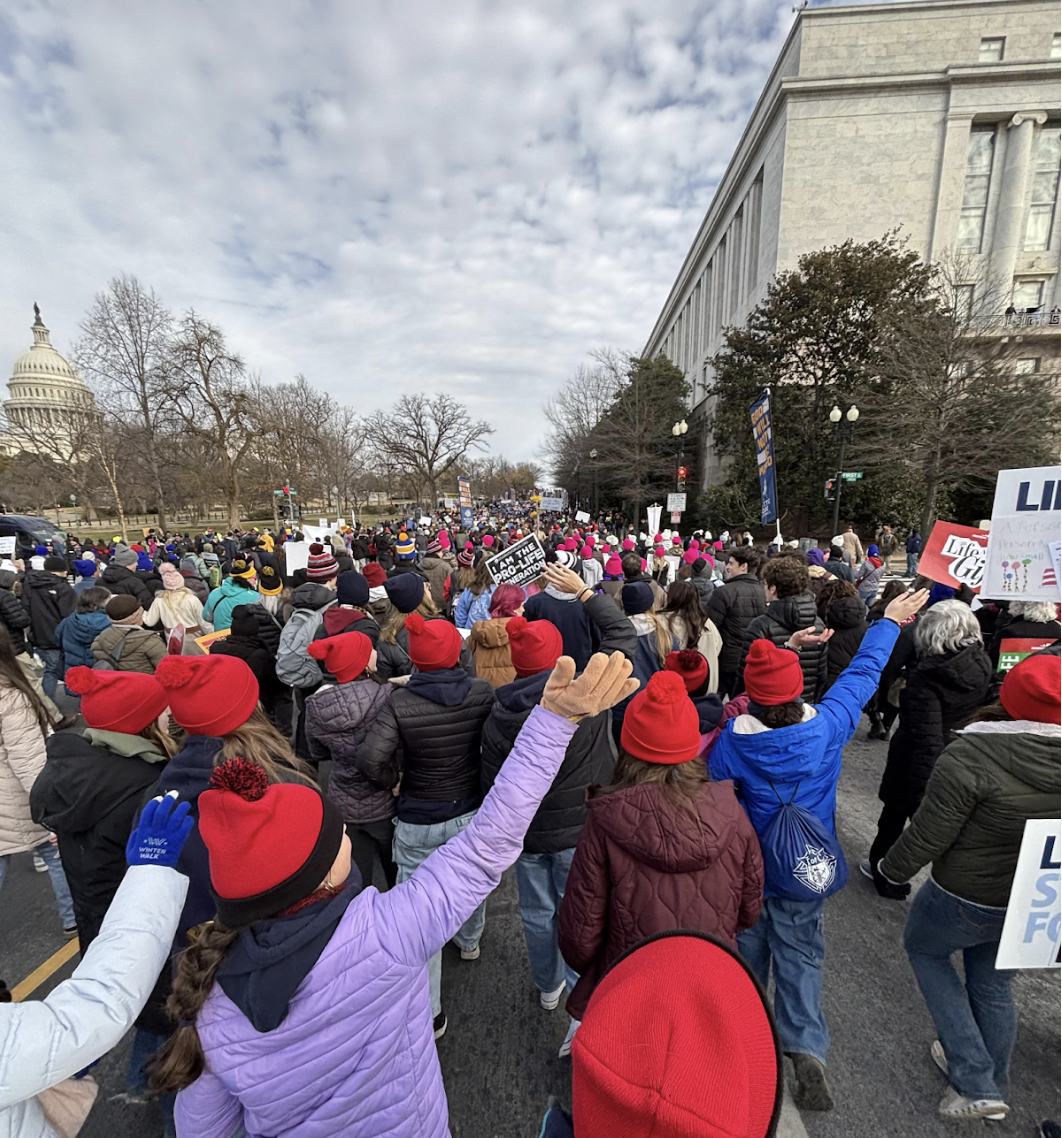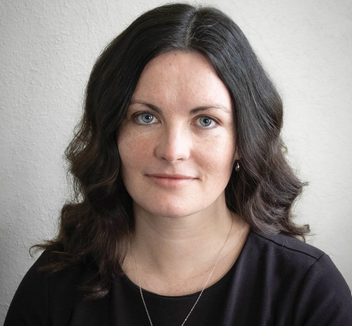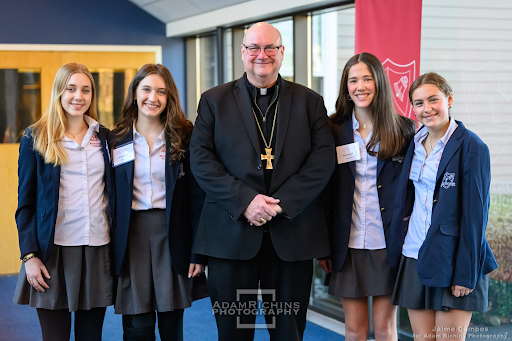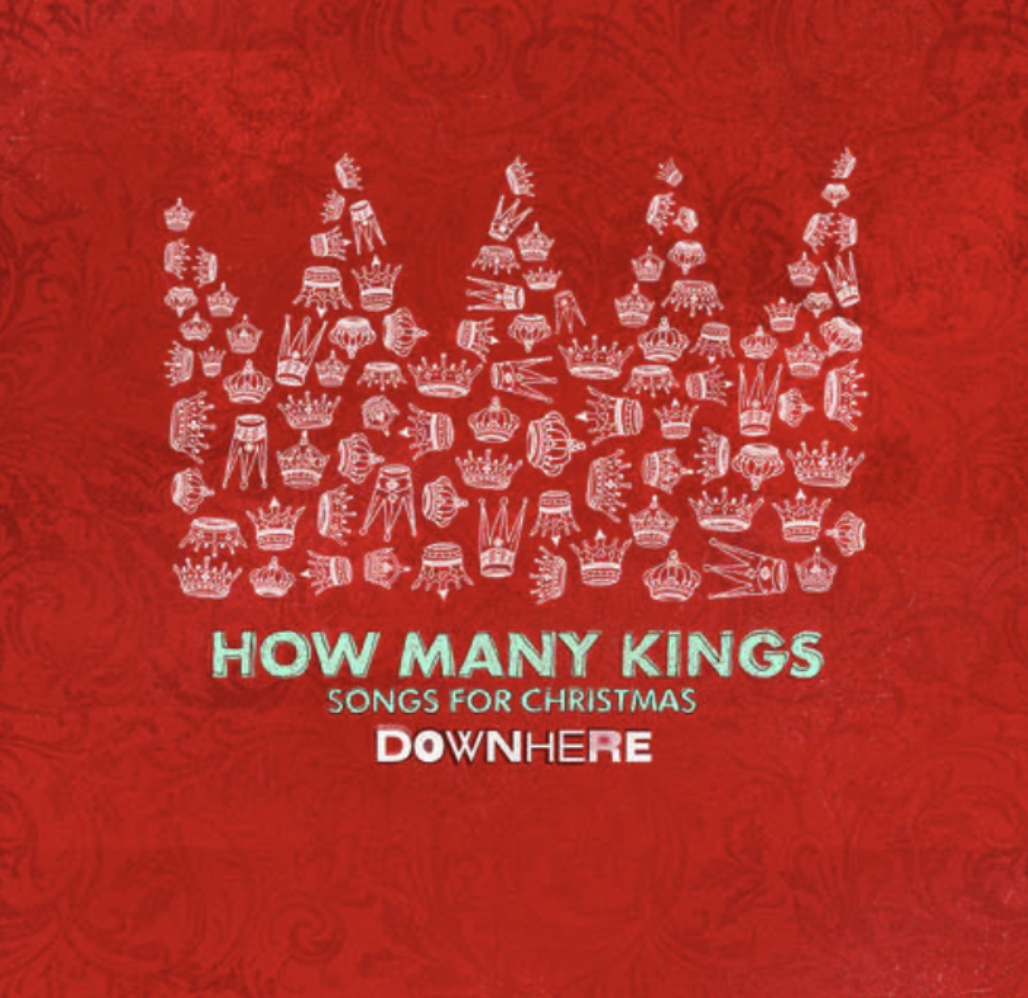A few weeks ago, while on a mini retreat for my confirmation group, we heard some reflections about the joyous waiting period that the season of Advent entails for the Catholic Church, and to remind ourselves to turn again in hope towards Christ’s Second Coming. Our reading for the reflection came from the Book of Baruch in the Old Testament. The passage was imagery of the coming of God to redeem His people, Israel, and the joyous celebration that accompanies it. The vitality of this hopeful waiting became apparent to me for the first time. I have clearly heard and read the passages from Isaiah foreseeing Christ’s coming and the redemption of the world, but I was unaware of the frequency at which this Advent theme of hopefulness was written about in the Old Testament. Considering its centrality to their view of God and their purpose on earth, this introduction to a new book of the Bible displayed that new vantage point to me.
Beginning with Baruch’s tidings, he first goes to remind the people of Jerusalem, or the Israelites, that one day all of their tribulations will be over forever, and that those who try hard to be faithful and wait in hope will find a reward in the glory that God will give them, which does not fade or dim, and is infinitely more beautiful than purely earthly ‘glory.’ “Take off the garment of your sorrow and affliction, O Jerusalem, and put on forever the beauty of the glory from God… For God will show your splendor everywhere under Heaven” (Bar 5:1,3). Although Israel was a smaller nation that was frequently conquered by larger empires, God promised that He would one day show that they were His Chosen People called to share in His eternal glory. Even when such a concept appeared to be improbable, if not miraculous at that time, He invited His people to find comfort in that hope.
Afterwards, Baruch tells ‘Jerusalem’ that when God’s glory and relief will be given to them, they will also see the homecoming of many of the faithful “gathered from the west and east” to enjoy their newfound salvation together (Bar 5:5). Here, God will make “every high mountain and the everlasting hills be low and the valleys filled up, to make level ground, so that Israel may walk safely in the glory of God” (Bar 5:7). Since our test on earth will be over and we would have won the race and made it to Heaven, there are no more stumbling blocks for our faith, and God will eliminate any that have come to be after the fall. Once God has gathered all of His faithful together, He leads them to Himself in Heaven, “with the mercy and righteousness that come from Him” (Bar 5:9), namely Himself, for company and support, the best gift we can receive for our final journey.
When Baruch addresses his readers as ‘Jerusalem,’ he is not necessarily referring solely to the people of Israel, but to us as well. The ‘new Jerusalem’ in theology is an allegory commonly used to mean Heaven, and calling a group ‘Jerusalem’ could refer to the future inhabitants of the paradise. God calls us all to share in this home, and this glad message of a hopeful future is still applicable to us as it is the Jewish faith. By calling ‘Jerusalem,’ as previously defined, to ‘put on… the glory from God,” (Bar 5:1), it is notable that doing this allows us to become like God, which seems to be our main purpose in this passage. Considering that this passage is calling to mind the second coming of Christ, this is the main purpose of our lives: to prepare with hope with our actions and intentions to wear God’s glory as He does.
The Book of Baruch was written during the Babylonian Exile, when King Nebuchadnezzar and the Chaldeans conquered the Israelites and subsequently enslaved them. As a low point in Israel’s history, (they were forcefully taken out of their Promised Land and lost their freedom) a prophet who brought hopeful news of a future compensation for the struggles that they were enduring at that time was more than welcome among them. Although this theme is not uncommon throughout the Bible, particularly in the Book of Isaiah (see Is 9:2-7, Is 11:6-16), a new reminder of God’s beautiful promise makes it easier to hope in the end goal in mind with hope during their sufferings, and that it all has a greater purpose than they could even imagine.
Proceeding with the theme of end goals, the goal that Baruch reminds the Israelites of well over two thousand years ago is just as applicable in our own lives as it was then, especially in this Advent season. He is writing of what we know as the second coming of Christ, when all of the faithful souls will be redeemed, and as Christians, we are called to wait vigilantly and hopefully for this joyous moment. In Advent, the season is oriented towards hopeful waiting for the first coming of Christ at Christmas, inviting us to accompany Him spiritually, but also towards the second coming that Baruch writes of, which we are still awaiting. As Baruch showed in his own times, it is important to look past whatever we may be going through in the moment with hope in the promises of our redemption, and to recognize that it all has an end goal in which we can find renewed motivation and strength.
So in this advent season, remember that when things can seem hard in the moment, they have a purpose: to prepare us and build the spiritual ‘muscles’ we need to meet Christ and go to Heaven. Try to look with hope to that end goal for motivation in the difficult challenges. Through that, as Baruch invites us, the ‘New Jerusalem’, hopefully that we “may walk safely in the glory of God” forever (Bar 5:7).
By Elisabeth Smith ‘28, Assistant Editor-in-Chief
28esmith@montroseschool.org













